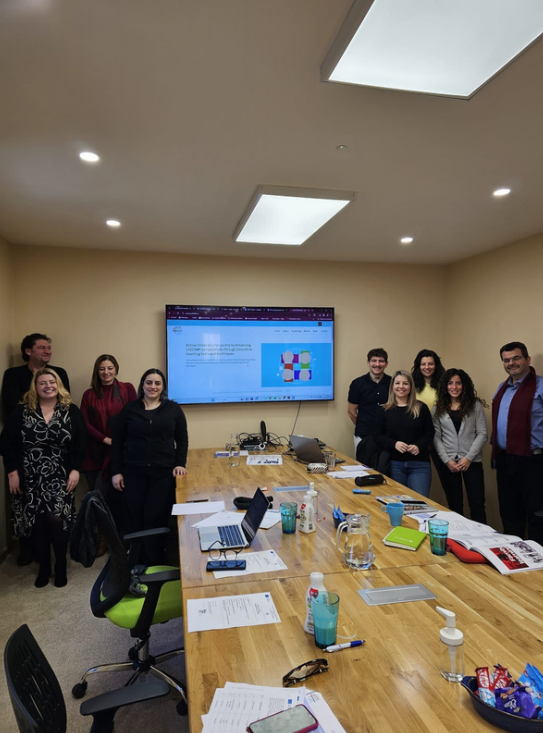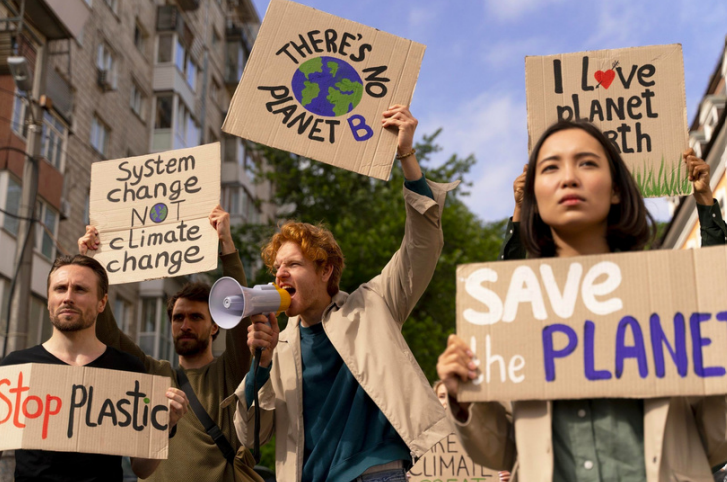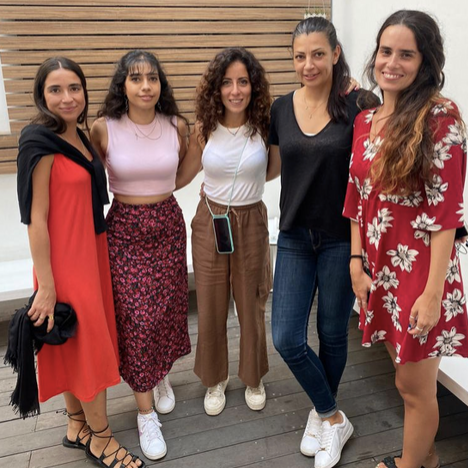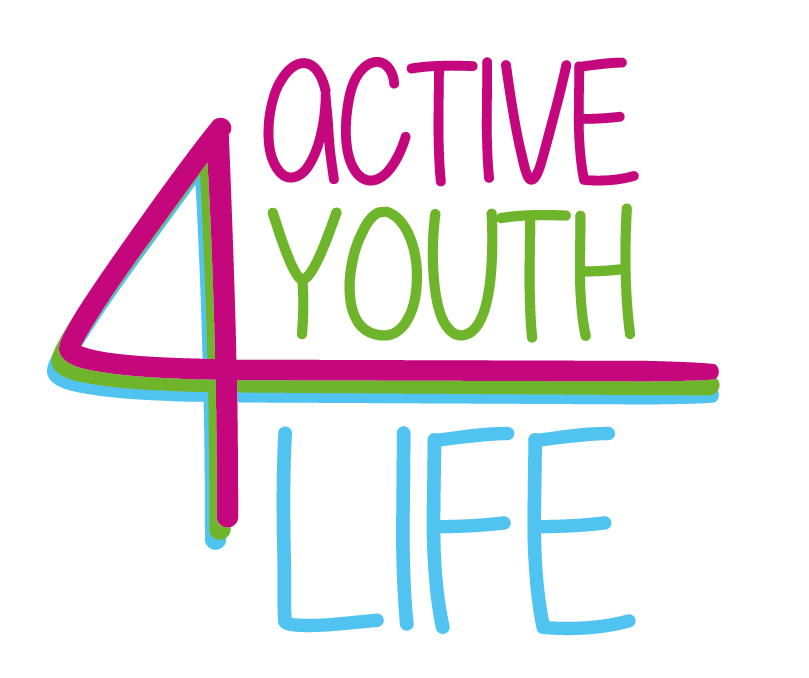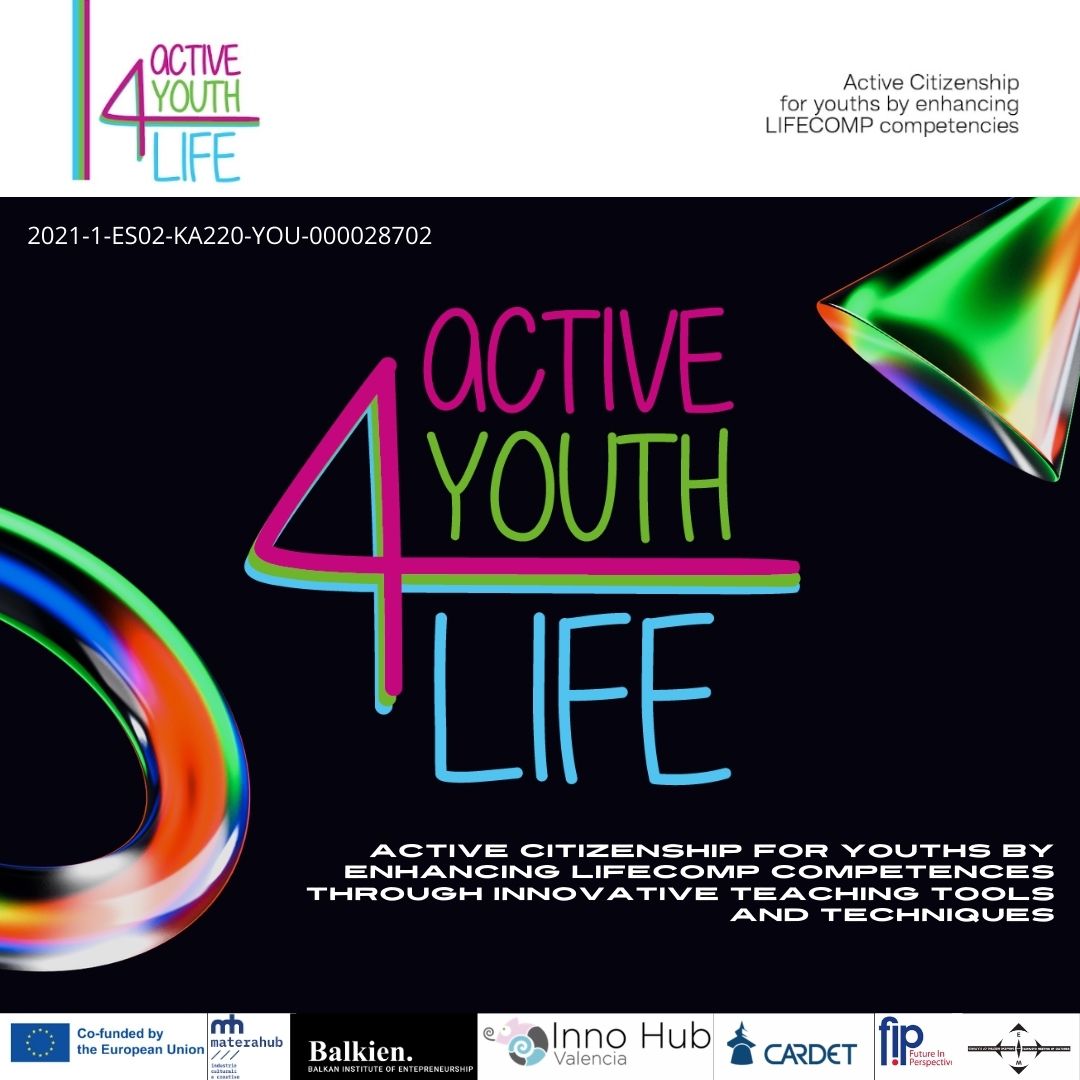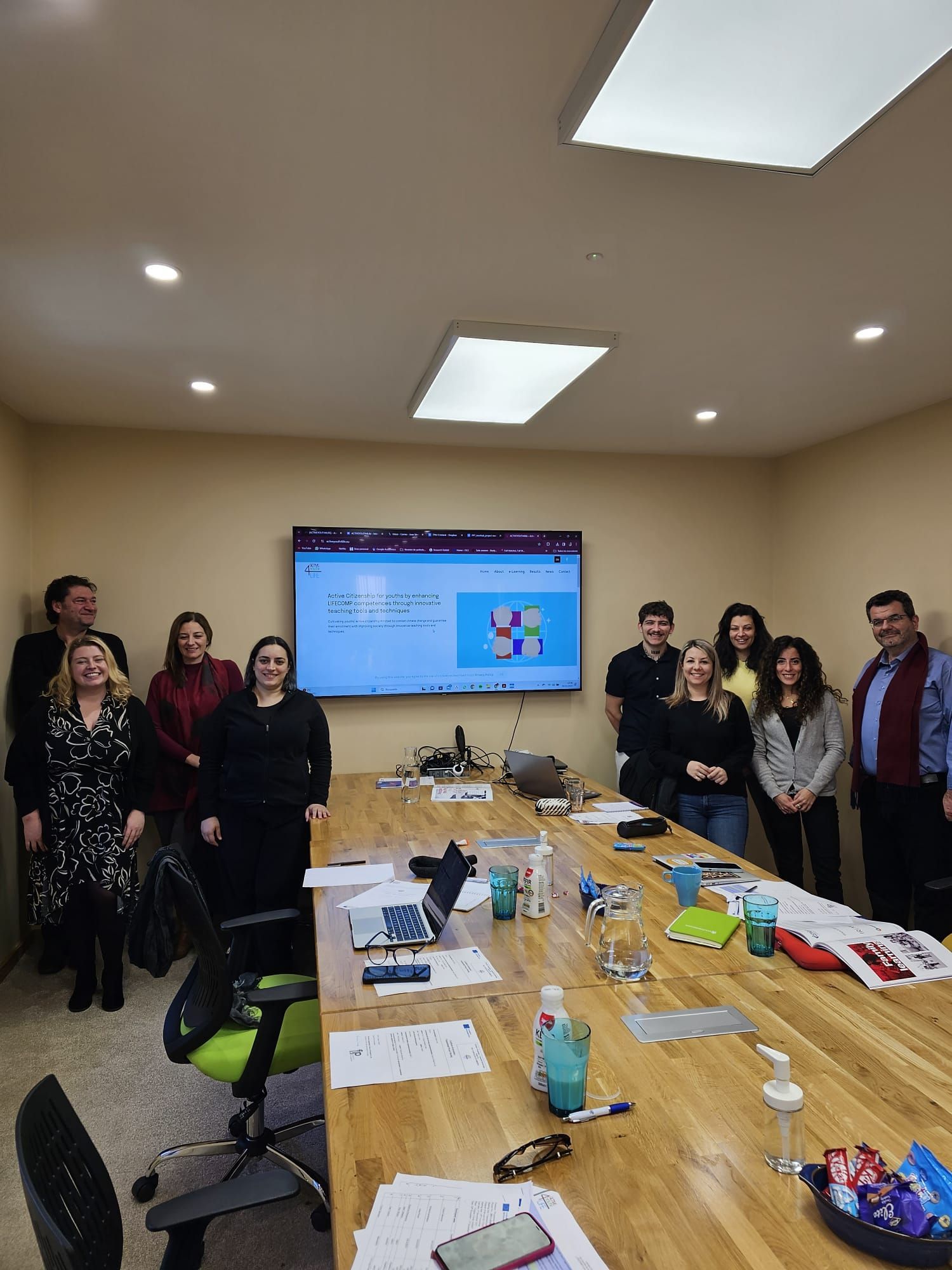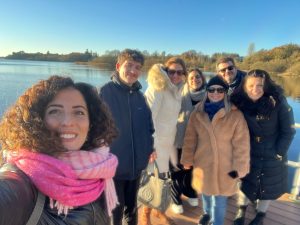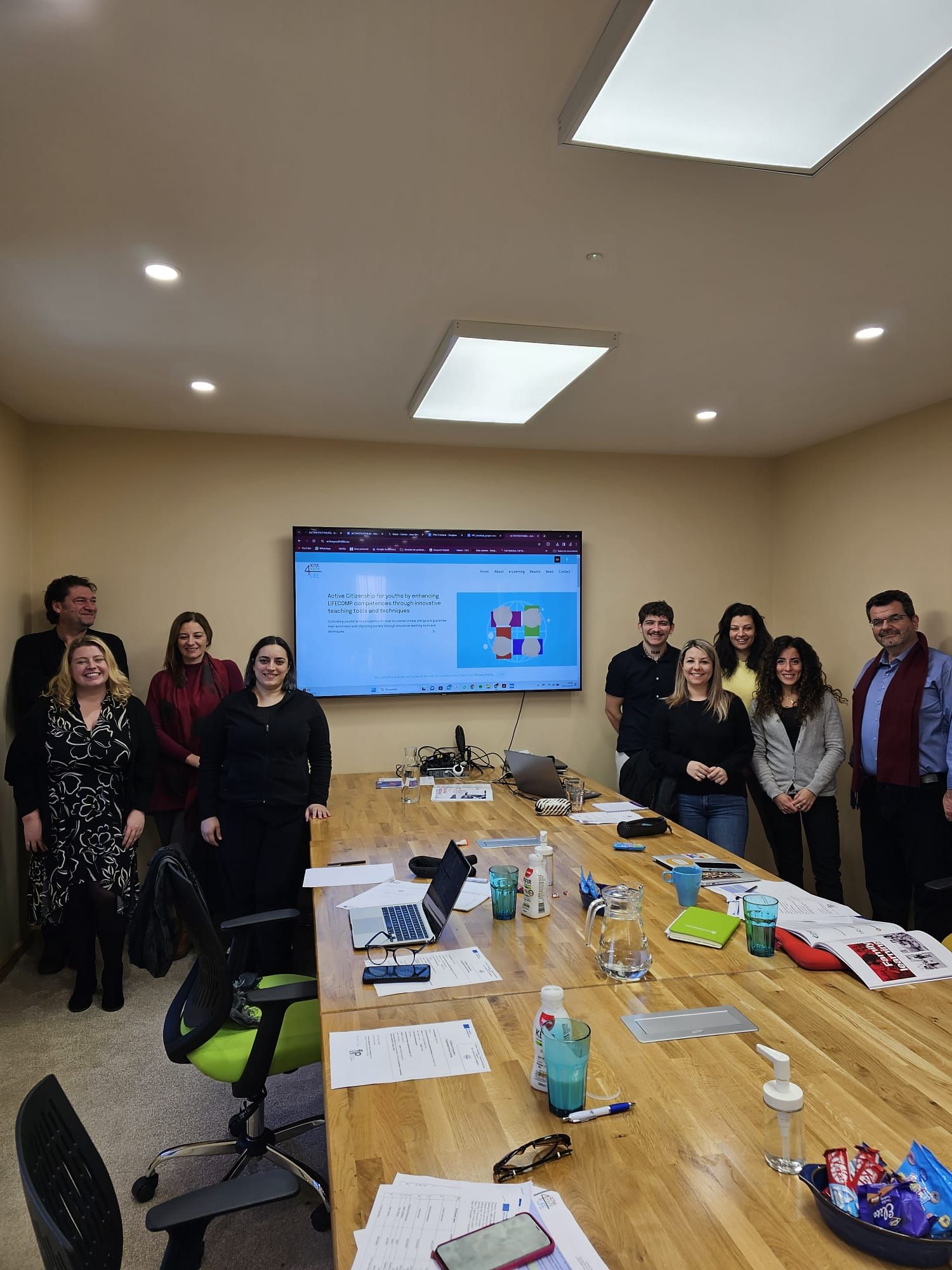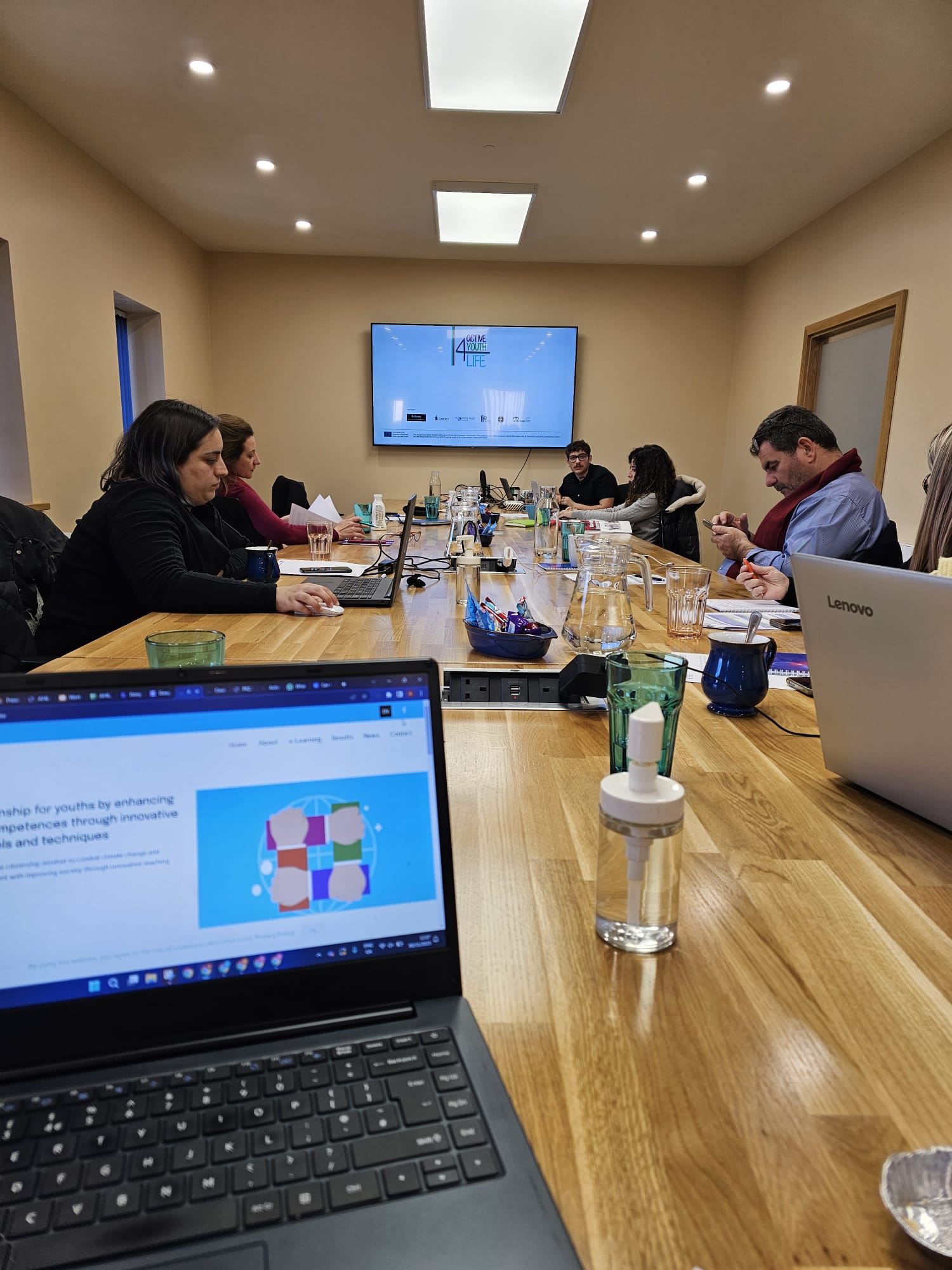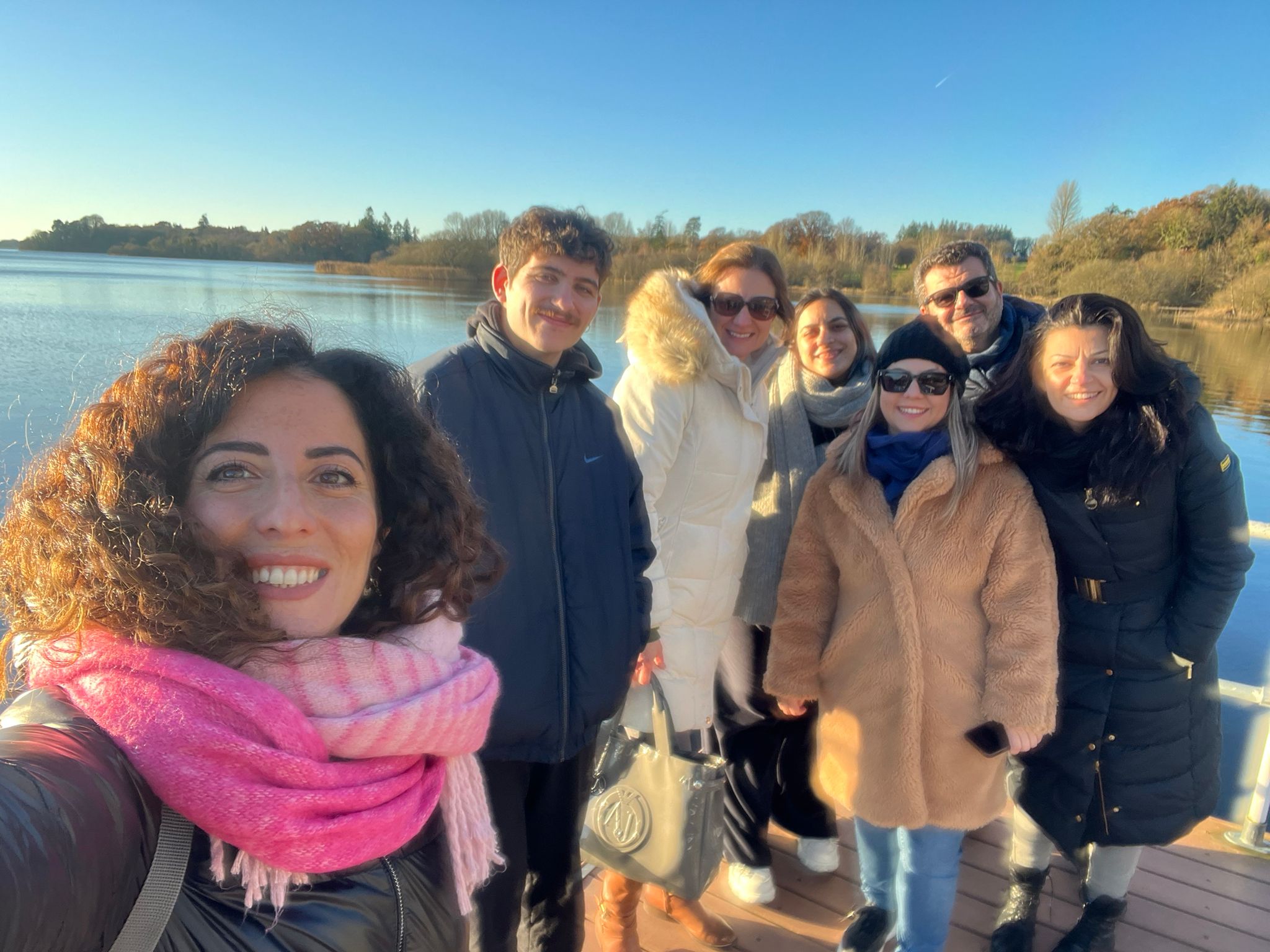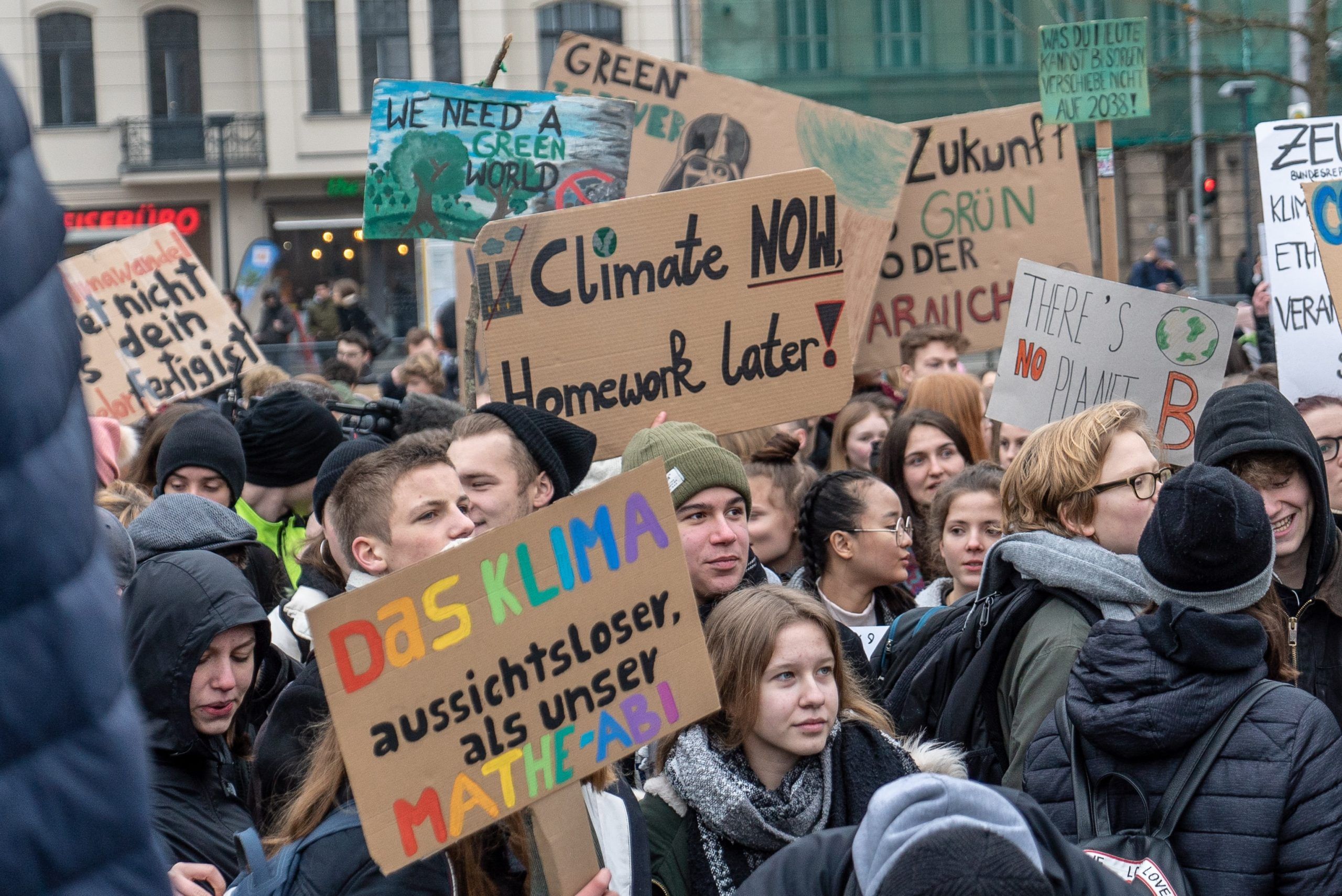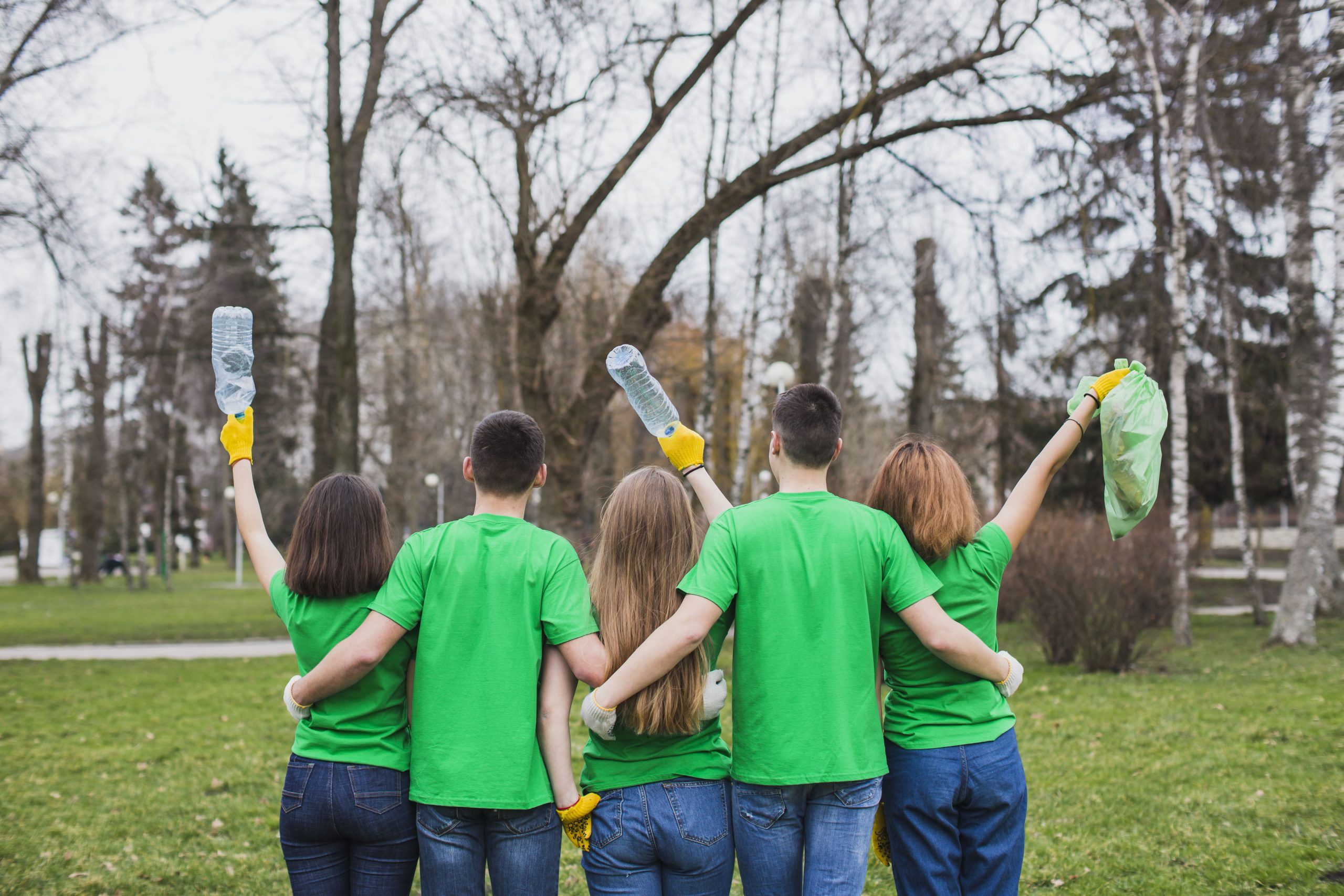4º Boletín: ACTIVE YOUTH 4 LIFE PASOS FINALES
Estamos encantados de compartir con vosotros las últimas novedades del proyecto Erasmus Plus «Active Youth 4 Life». Del 30 de noviembre al 1 de diciembre de 2023, los socios del proyecto se reunieron en Virginia para el TPM final, un momento emocionante en el que se ultimaron los detalles de las actividades restantes. Durante esta reunión, nuestros socios trabajaron diligentemente para desarrollar estrategias cruciales que maximizarían los impactos positivos en las vidas de los jóvenes involucrados. Esta reunión representa un
capítulo fundamental en nuestro viaje, un momento valioso para reflexionar sobre los hitos alcanzados y extraer consideraciones finales sobre los impactos tangibles del proyecto.
Hablando de impactos, queremos enfatizar cómo el compromiso y la colaboración de nuestros socios hicieron posible el éxito de «ActiveYouth4Life». Esta iniciativa jugó un papel importante en el desarrollo personal y las perspectivas de los jóvenes involucrados. Fuimos testigos de un crecimiento genuino en competencias clave y habilidades básicas, esenciales para su realización personal, empleabilidad, inclusión social, participación cívica y democracia.
El proyecto ACTIVEYOUTH4LIFE se centró en este objetivo crucial: mejorar y cultivar la mentalidad de ciudadanía activa de los jóvenes, la participación cívica y la conciencia ambiental. Nuestro objetivo era formar ciudadanos responsables, capaces de adoptar estilos de vida sostenibles y asumir responsabilidad con el medio ambiente, abordando eficazmente los desafíos relacionados con el cambio climático mediante el cultivo de competencias LIFEComp.
Dime más…
Con esto en mente, trabajamos para lograr objetivos específicos, incluido el fomento de la ciudadanía activa entre los jóvenes, la creación de un enfoque de capacitación multidimensional adaptable a los contextos locales, regionales y de la UE, y el suministro de prácticas y herramientas innovadoras como la realización de películas y los juegos serios a través del «arte de narración de historias.
Nuestra metodología de formación se basa en los principios del aprendizaje activo, basado en retos y el constructivismo social. Con un enfoque centrado ennel alumno enriquecido por la narración participativa y digital, entregamos contenido altamente motivador e
interactivo en un modo en línea, adoptando formas de aprendizaje combinado (presencial y en línea).
Nuestro compromiso sigue siendo una prioridad clave para la Comisión Europea, con especial atención a las cuestiones medioambientales y de sostenibilidad. Creemos que nuestro proyecto es innovador, introduciendo una nueva metodología de formación que promueve la ciudadanía activa y la concienciación sobre la sostenibilidad a través del desarrollo de competencias LIFEComp, vinculadas con medios creativos como la realización de películas, los juegos y la narración de historias. Mientras tanto, mientras todos los eventos multiplicadores se llevan a cabo en las distintas organizaciones asociadas involucradas, nos gustaría expresar nuestro agradecimiento a los participantes y a todas las partes interesadas por sus valiosas contribuciones.
Agradecemos a cada uno de ustedes por su continuo apoyo y los mantendremos informados sobre los desarrollos
futuros de este emocionante proyecto.
¡¡GRACIAS A TODOS!!
